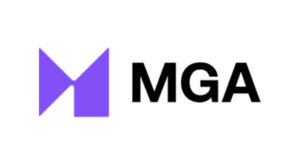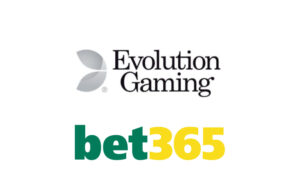Last Friday, Michigan Governor Gretchen Whitmer signed into law a bill that legalizes sports betting and online gambling. The 10-bill package that the governor approved entails several gambling-related aspects that are expected to significantly impact gaming in the state. Governor Whitmer has called the move a bipartisan win for the state since it will not help in funding public schools but also offer financial benefits to first responders who get cancer from fighting fires.
The new sports betting and online gambling laws took effect on Friday immediately after they were signed into law. However, the state’s residents may have to wait for a few more months before they can start enjoying such services. This is because the gambling operators will have to obtain relevant licenses, a process that often takes at least a couple of months.
Stakeholders of the newly legalized sports betting vertical are optimistic that operations will begin by the time the NCAA men’s basketball tournament kicks off in March. Hopefully, by then a number of popular sports betting brands will have established their presence in Michigan.
Higher Tax Rates
As mentioned earlier, the governor was very impressed with the bill especially because it represented a bipartisan win. She negotiated hard with the proponents of the bill to ensure that higher tax rates imposed on the new verticals. The goal here was to ensure that Michigan’s lottery operations are not downtrodden by increased competition. This is very important since the lottery has long been one of the biggest contributors to education funding in Michigan.
“My top priority in signing this legislation was protecting and investing in the School Aid Fund because our students deserve leaders who put their education first,” the governor said.
Fortunately, after thorough consultation, the state’s gambling operators agreed to go along with the slightly higher tax rates. Sports betting will now be taxed 8.4 percent. Online casino games and online poker, on the other hand, will be taxed at a tiered rate. That is, for annual revenue of under $4 million the operators will be taxed 20 percent and this will be capped at 28 percent for annual revenue of over $12 million. The three commercial casinos in Detroit will pay an extra 3.25 percent on their retail and online gambling revenue. This additional revenue will reportedly go towards address municipal demands.
The new law makes room for only one online casino brand and an online poker brand for each casino. There are online casino and poker licenses for three commercial casinos and a total of 23 tribal establishments. These operators will need to pay a $50,000 application fee followed by a $100,000 initial license fee. There will also be a $50,000 annual license renewal fees.











